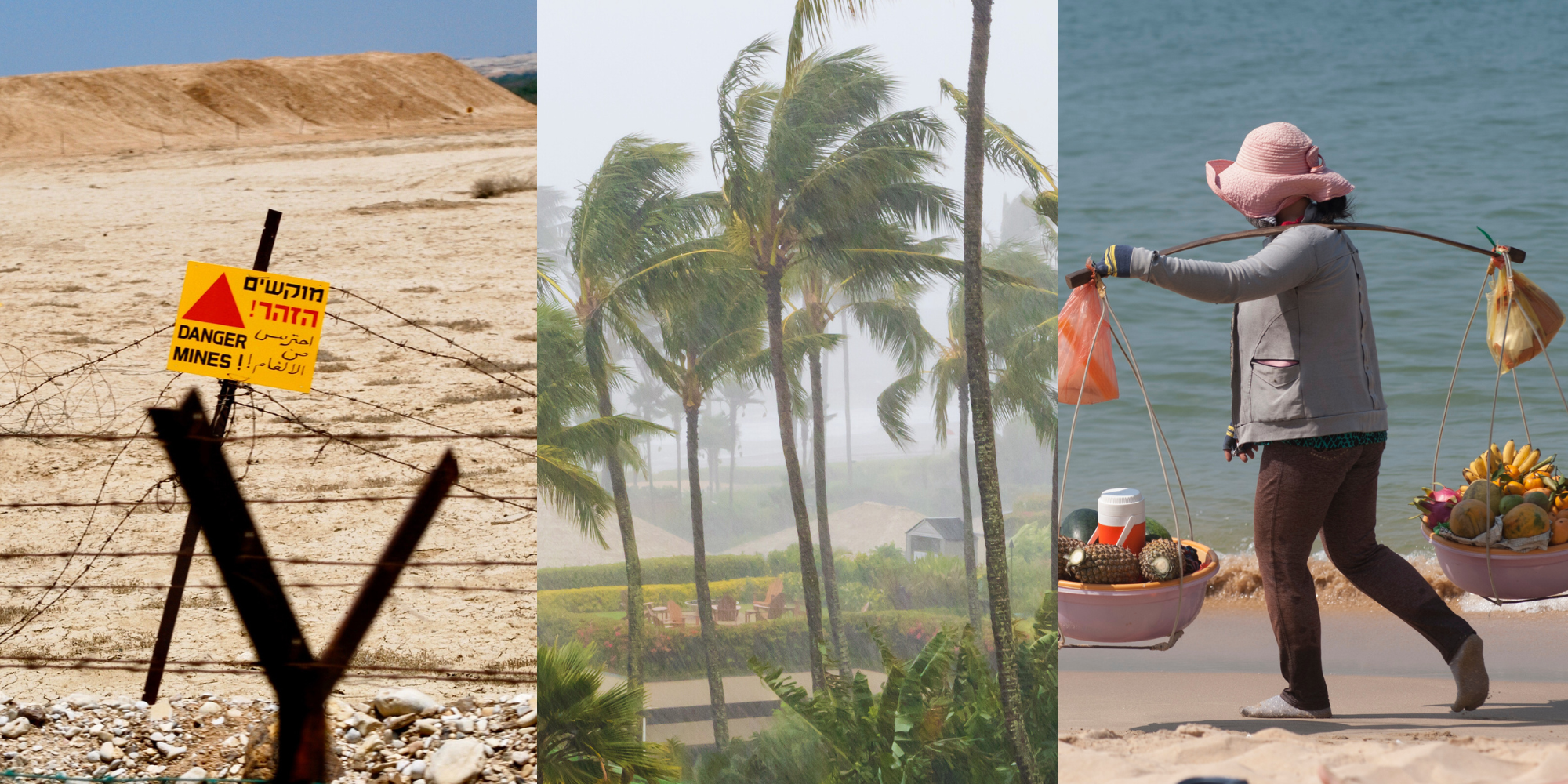Events FACT Alliance Global Dialogues on Food System Resilience
This fall, join us for a series of three webinars.
October 30, November 20, and December 4 Online via Zoom
The three webinars will be hosted by:
- Greg Sixt, PhD, J-WAFS Research Manager for Climate and Food Systems and director of the J-WAFS-led Food and Climate Systems Transformation (FACT) Alliance
- Professor Michael Hauser, a J-WAFS research affiliate from the University of Natural Resource and Life Sciences, Vienna
Panelists will be announced prior to each event. Registration is required for all webinars.

Online event #1
From Mines to Meadows: Regreening postwar Landscapes
October 30, 2025 | 10:00-11:00 a.m. ET / 15:00–16:00 CET
In postwar contexts, land can either perpetuate danger or foster peace. Mines and unexploded ordnance render fertile ground unusable, delaying farming, resettlement, and ecological recovery. Yet regreening initiatives offer pathways to restore livelihoods, rebuild trust, and strengthen resilience. As conflicts collide with climate stress in 2025, the urgency of reclaiming and restoring damaged land has never been greater.
Online event #2
Cyclones and Floods: Water Insecurity in a Warming World
November 20, 2025
9:00-10:00 a.m. ET / 15:00-16:00 CET
Extreme storms bring water, and both are transforming landscapes. Cyclones and floods have displaced millions, overwhelmed infrastructure, and destabilized fragile states. Too much water is proving as disruptive as scarcity, exposing inequalities and governance gaps. This dialogue asks how societies can manage cascading water shocks — and whether shared vulnerabilities might foster new forms of cooperation.
Online event #3
Food Under Pressure: Trade Vulnerability in a Fragmenting World
December 4, 2025
9:00-10:00 a.m. ET / 15:00-16:00 CET
Global food systems are at the mercy of both geopolitics and climate shocks. Export bans, disrupted grain corridors, shifting alliances, and sanctions have turned food into a tool of leverage and a source of insecurity. At the same time, cyclones, heatwaves, and other climate extremes continue to destabilize production and supply chains. A central challenge is how to secure food trade in an increasingly fractured international order. Are some countries more vulnerable than others?